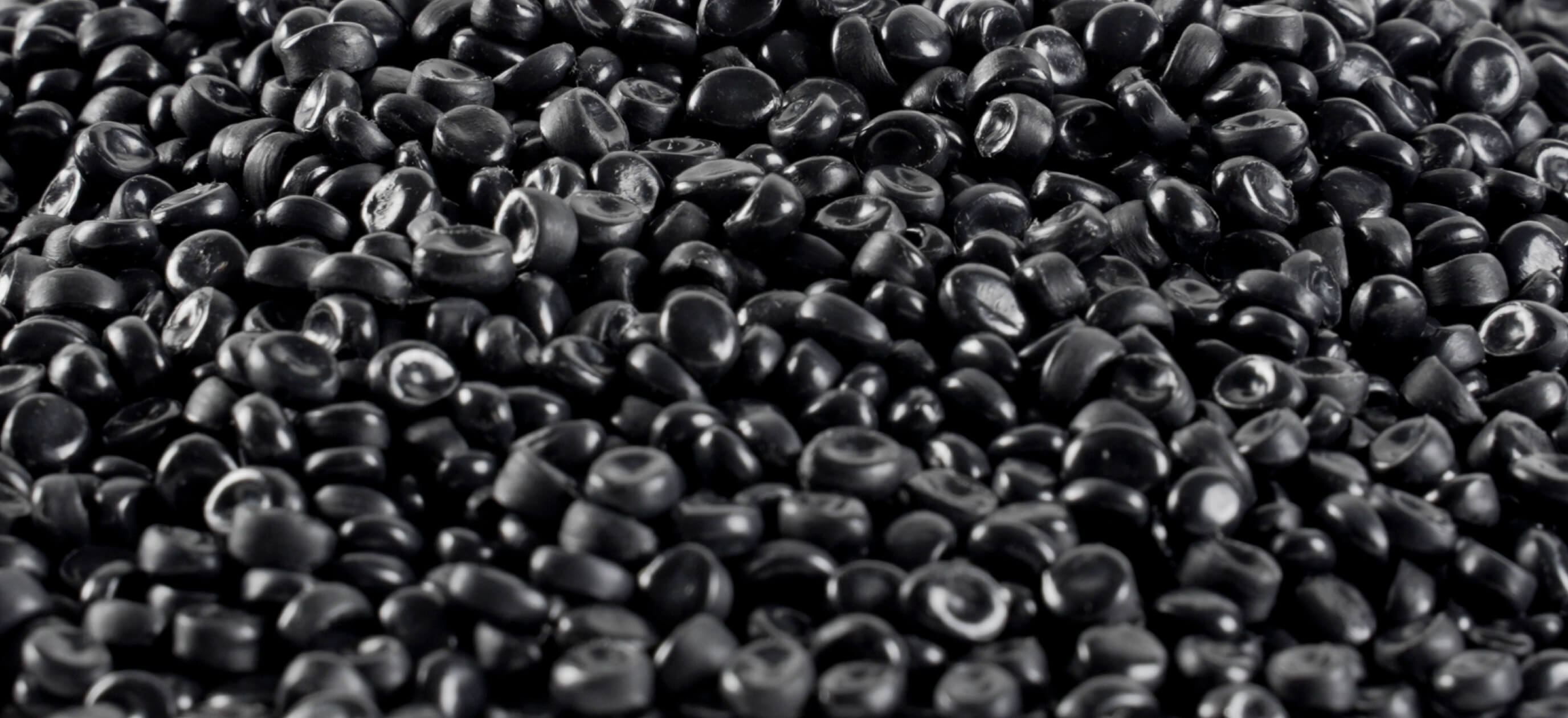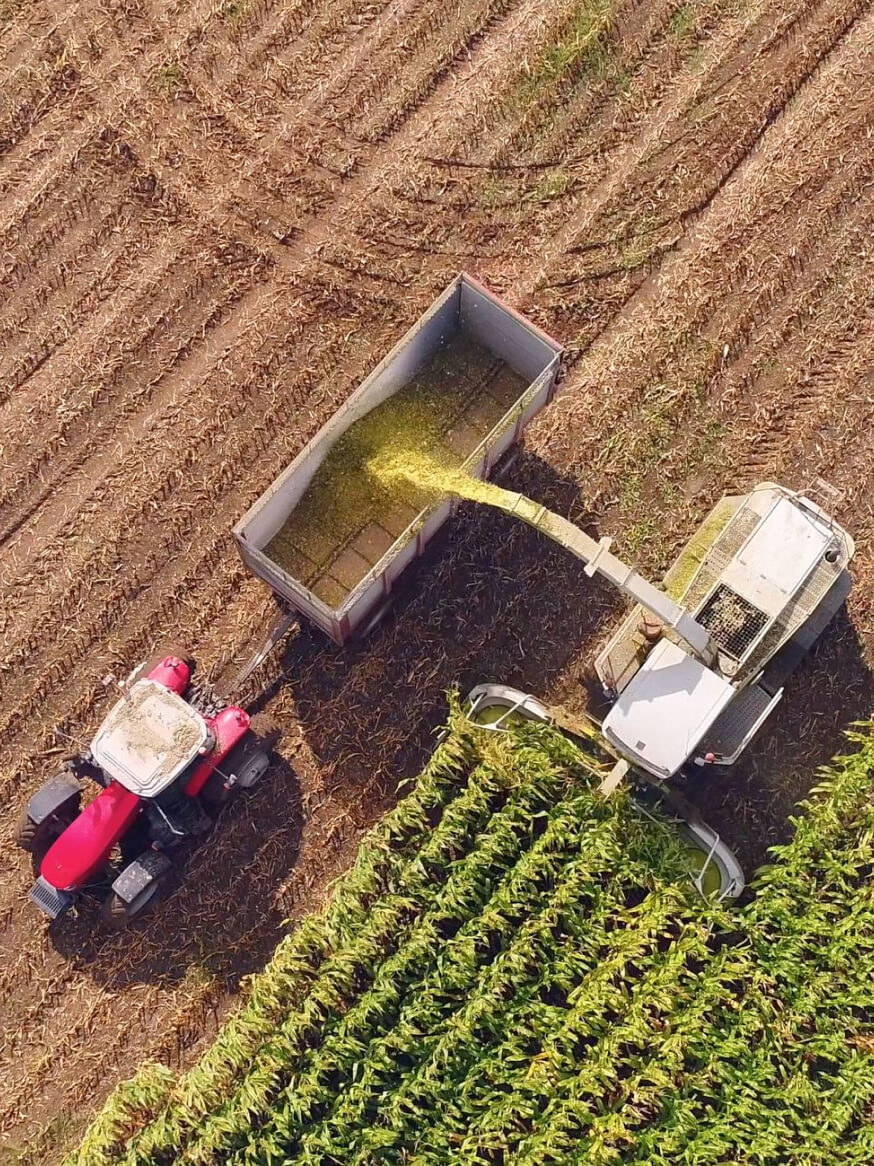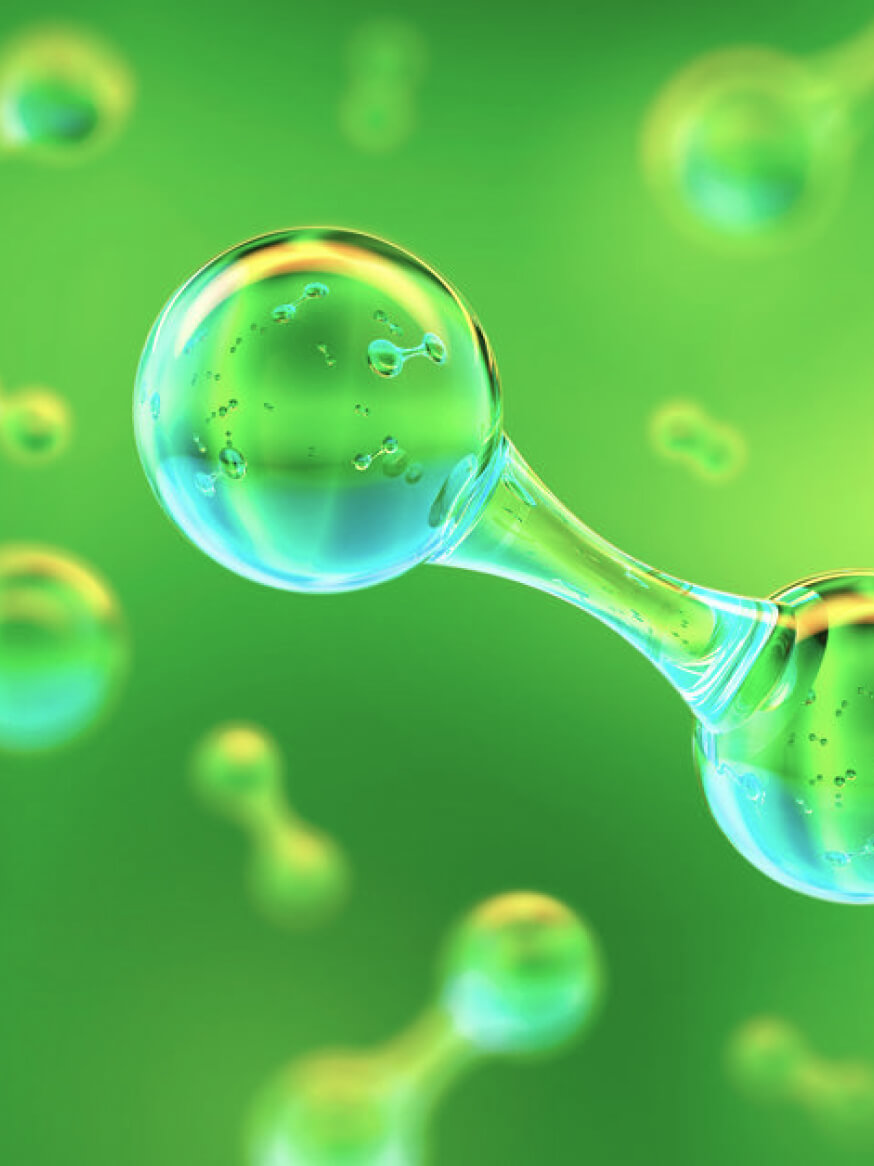Our solutions for sustainable polymers
New energy carriers are necessary in order to fight global warming, through sustainable polymers obtained, for example, through a circular model where waste is finally considered a valuable feedstock.
Our technology offering in Sustainable Polymers is extensive and comprehensive: Plastic Upcycling and Compounding, Chemical Recycling, and Biodegradable and compostable polymers. Towards increasingly challenging objectives for plastic waste recycling, NextChem proprietary technology allows to invert the common and usual “waste- to-market" approach into a customer driven "products-from-waste” strategy. Starting from the downstream market demand in terms of polymer quality, we can transform a plastic waste into a secondary raw material with physical and chemical characteristics and mechanical properties similar to those of virgin polymers, replacing polymers derived from fossil feedstock.

Sustainable technology solutions for the plastic manufacturing industry
CONSER Halo-Butyl Rubber
Step up in quality, do not compromise on sustainability. CONSER rubbers are synthesized through the copolymerization of Isobutylene and a minor proportion of Isoprene, conducted in the presence of methyl chloride at low temperatures, around -100°C. Recycling process of both feedstock and solvent was refined to maximize solvent recovery, while also minimizing utility usage and raw material consumption.
CONSER Duetto
Building a sustainable future through biodegradable plastics. CONSER via its CONSER Duetto technology can provide solutions for production of the monomers needed for the production of PBS.
PBS is a biodegradable plastic that can be employed in the manufacturing of packing and films for consumer and industrial applications.
CONSER Aromatics
Driving innovation in TMA technology. TMA is pivotal in producing esters for PVC and coatings, while Isophthalic acid is a key component in PET for drink bottles and high-quality resins.
CONSER C3 Derivatives
Pioneering green technology for high-value molecules. CONSER is capable to flexibly valorize C3 (Propylene) stream into high added value molecules, with a wide variety of application, such as chemicals intermediate, pharmaceuticals and mineral oil purification, and more.
CONSER C4 Derivatives
Reducing waste, elevating quality. We are capable to flexibly valorize C4 (Butane) stream into high added value molecules via upgrading to Maleic Anhydride. Strating from C4 stream, we can produce a plethora of molecules that have a wide variety of application: from biodegradable plastic production to the manufacturing of Li-ion batteries
NX Replast
Our solution for plastic upcycling. NX Replast is a complete solution for a fast deployment of new advanced Mechanical Upcycling plants to maximize the valorization of plastic waste into circular r-polymers, based on the experience gained in the development and industrial operations of MyReplast Industries’ reference plant.
NX Circular
Our solution for waste-to-X. This technology is applied for “Waste-to-X” solutions converting the syngas produced into circular chemicals and fuels bridging two sectors such as waste management and chemicals and fuels manufacturing, with substantial CO2 savings from avoided waste incineration while decarbonizing the downstream sectors
Our world is being impacted by powerful trends that are reshaping it and go into the core of our daily lives.
Increase in polymer production needed from 2019 to 2060
Increase in biopolymer production needed from 2020 to 2030
Increase in the recycling of plastic waste by 2025
of total global plastic supply provided by plastic reutilization in 2030


